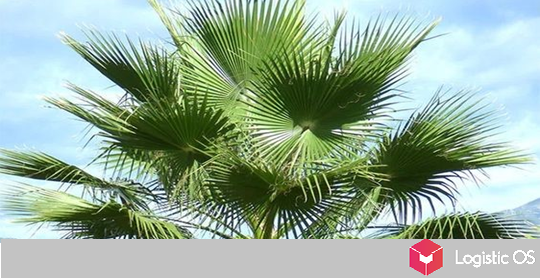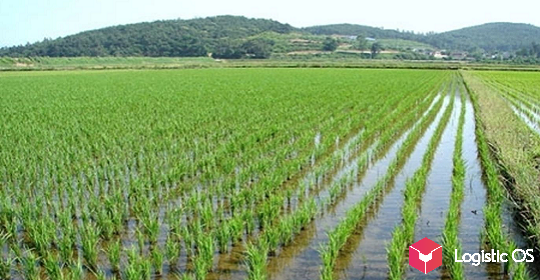China may slow down rapeseed imports due to restrictions on imports of its electric cars to the EU.
The European Union has imposed restrictions on the import of Chinese electric cars into its territory, setting an import «anti-dumping» duty.
According to EU officials, China is threatening the European car market by allegedly deliberately reducing prices for its products.
This, among other things, may be the reason why several Volkswagen plants are on the verge of closing today.
In response, China may impose similar restrictive measures on the import of agricultural products, experts warn.
In particular, we may be talking about canola, a type of rapeseed.
Currently, the Chinese authorities have already launched their own «anti-dumping» investigation, which should determine whether canola is being supplied from Canada at reduced prices.
The consequences of this depend on many factors.
The first of them is the speed of the investigation. China already imposed anti-dumping tariffs on Australian barley in May 2020, but that was 18 months after the investigation was launched in November 2018.
Therefore, if Canadian farmers prepare, they will still have a chance to restructure their supply chain to avoid negative consequences.
However, if the investigation proceeds quickly and China bans canola imports in the coming months, this could hit Canadian farmers hard, experts warn.
The canola harvest in Canada has just begun, and is currently only 5% complete on average. And if restrictions are introduced, it will be painful.
Canada as a whole harvests up to 19 million tonnes of canola per year, with up to 6.3 million tonnes of this volume exported, and taking into account carryover stocks, it could be over 8 million tonnes.
At the same time, China accounts for about 20% of Canadian canola exports.
However, Canada cannot be called such an export-oriented country as, for example, Australia.
If China restricts canola imports to its territory or imposes prohibitive duties, it is possible that Canadian farmers will respond by sending their harvest for processing within the country in order to supply canola oil abroad.
At the same time, China, targeting Canadian canola, may have in mind the goal of collapsing world prices for it, which will also hit the European Union, which produces about 17 million tons per year.
But whether this plan will remain at the level of threats and warnings is still unknown.

